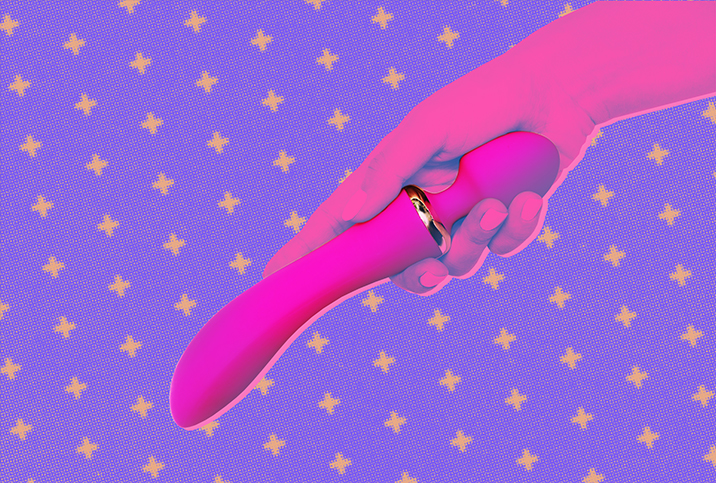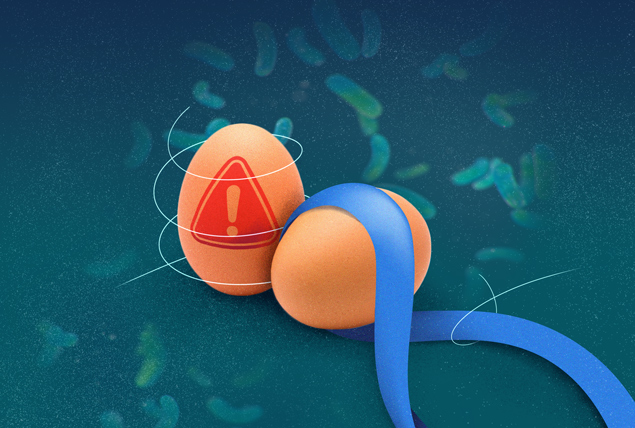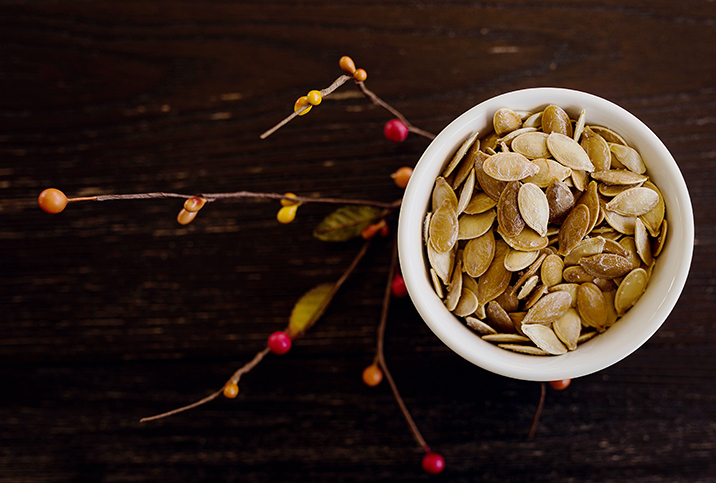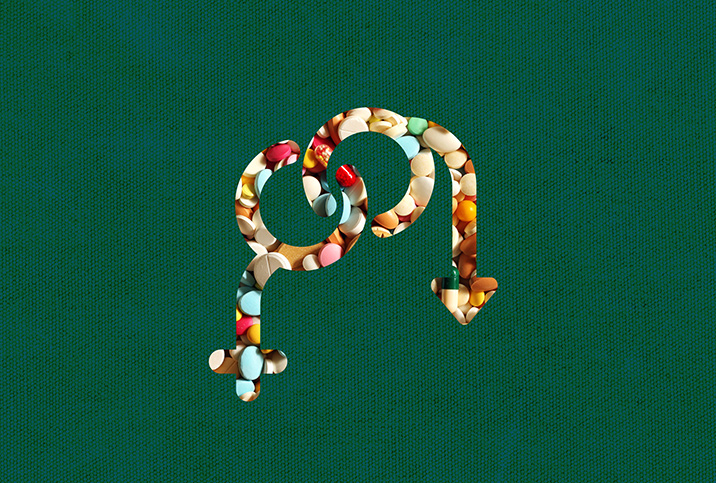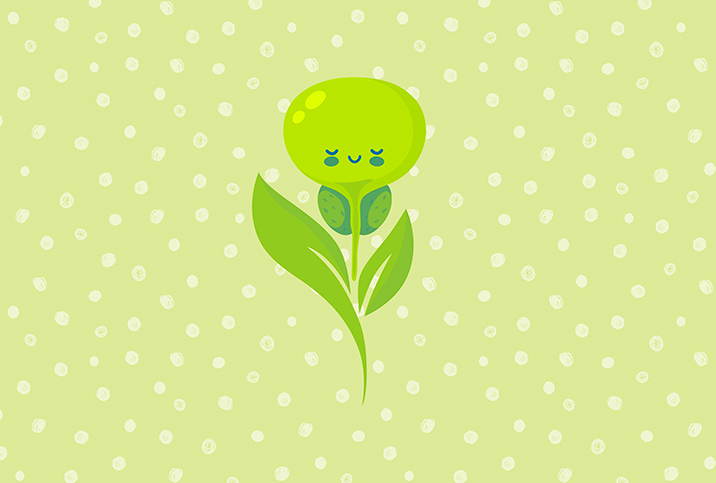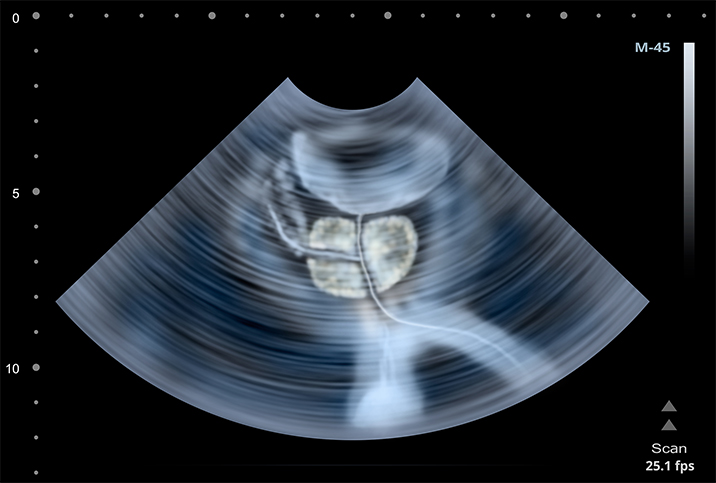What the Hell (Else) Does My Prostate Do?

If you know nothing else about the prostate, you probably know it is an important gland that helps the body prepare for, and complete, ejaculation. If you didn't know that, you're likely paying attention now.
The prostate contributes 20 percent to 30 percent of seminal fluid to the ejaculation process, making semen thinner with a combination of enzymes, including prostate-specific antigen (PSA), according to Devin Patel, M.D., a urologic oncologist at the Urology Center of Colorado in Denver. The prostate has muscles that contract during ejaculation to propel semen forward, and the whole system works to make it easier for fluid to travel through the urethra and into the vaginal cavity and uterus (for people attempting to have a child).
However, that's just one piece of the prostate puzzle. How else does the prostate and its functionality affect a man's day-to-day life? Well, it's working to keep a variety of processes in balance. Although it's not a vital gland for a man to stay alive, it does support several reproductive functions that can make a man's life much more...fluid.
The prostate produces 5-alpha reductase
"One of the underrecognized functions of the prostate is that it produces an enzyme called 5-alpha reductase," Patel said.
This enzyme transforms testosterone into a very potent androgen called dihydrotestosterone (DHT). According to Patel, DHT has a couple of well-known functions, including the regulation of prostate growth. Older men typically have more DHT, which is thought to be one reason their prostates tend to be larger. Every man's prostate grows naturally with age, and for many men, this growth can lead to benign prostatic hyperplasia (BPH). Yes, it's a benign condition, but it can cause discomfort and urinary problems, so treatment is important.
DHT is also important to the development of male sexual organs. Normal levels of 5-alpha reductase typically promote normal growth of organs—the penis, the prostate and the seminal vesicles—through puberty. DHT also promotes the development of facial hair. A particular genetic deficiency of the 5-alpha reductase enzyme, however, can stall organ growth, leading to either smaller organs overall or the development of female-presenting characteristics.
"These patients tend to be born as women or ambiguous, and the deficiency is detected at birth," Patel added.
Lower levels of DHT can have a reverse effect on hair loss. Patel said high levels of DHT can cause baldness, and men with lower levels often don't experience hair loss.
The prostate can affect erectile function
Erections operate in conjunction with the prostate, so the surgical removal of part or all of the gland often leads to temporary dysfunction, said Garrick Greear, M.D., an andrology and men's health fellow at the University of Washington.
"A majority of men will have decreased erectile function following prostate cancer treatment," he said. "There's often a period of up to 18 months where erectile function works to return."
Much of the potential dysfunction comes from the damage to the nerves around the prostate that also play a role in erections. Greear said it's important for men to understand these risks comparatively when assessing prostate cancer treatment options.
Pelvic floor dysfunction can affect the prostate
Greear noted that some common instances of prostatitis—inflammation and swelling of the gland, usually due to an infection—can be attributed to pelvic floor dysfunction, which is caused by factors such as excessive exercise, muscle sprains and more.
"It usually affects men in their middle decades," he said.
In cases of prostatitis, men may experience urinary pain, as well as pain in the base of the penis, the perineum or the lower abdomen. It's not a particularly dangerous condition, but it can cause quite a bit of discomfort.
Greear often recommends pelvic floor physical therapy to try to alleviate the symptoms, which can be particularly helpful for older men with an enlarged prostate.
"We find that men benefit from continued treatment to try and keep [symptoms] at bay," he said.






